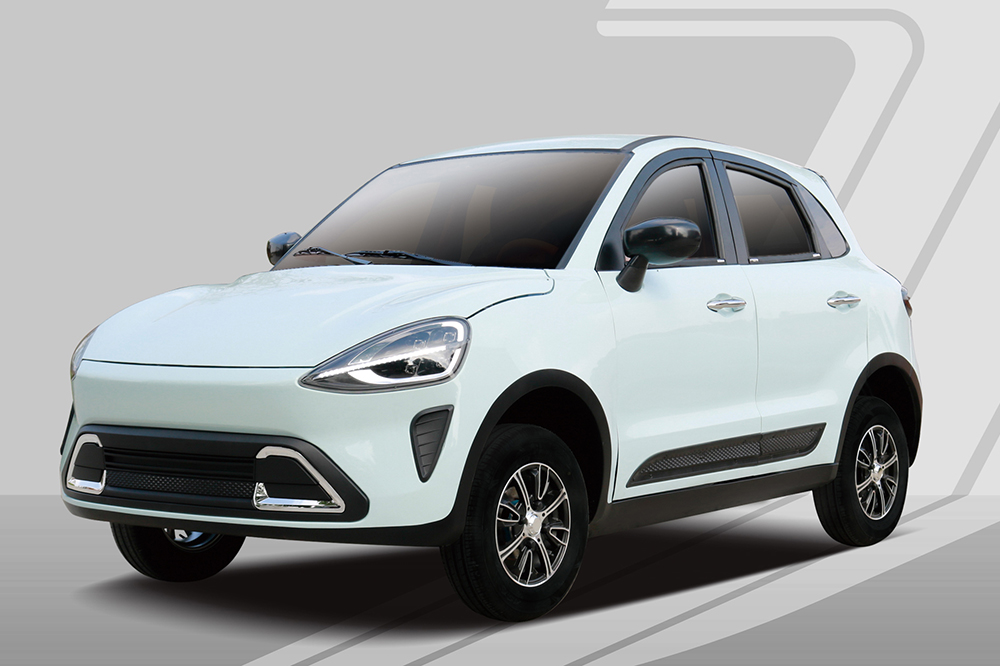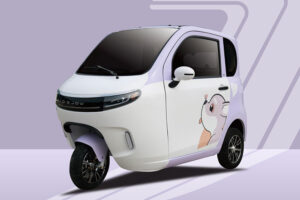Africa, as both a continent and a geological concept, is sometimes regarded as a backwater devoid of industry and modern technology in common stereotypes. However, as the wind of new technological progress breezes through the land, electric vehicles (EVs), are gradually making their way into the lives of Africans.
Before properly introducing the future of the African EV market, a description of the past situation in African transportation is pivotal: In sub-Saharan Africa, high levels of particulate matter (PM2.5) pollution from fossil-fuel vehicle exhaust pose extreme health and environmental hazards. The continent’s biggest economy, South Africa, had only about 1,000 electric vehicles by 2022. As for the even more poverty- stricken areas, there are only unreliable electricity, cratered roads, an absence of road signage, and a lack of skilled technicians, which lead to unscheduled, decentralized, often chaotic and demand-driven transportation.
But circumstances are fast changing, and this case is no exception.With nearly 30 percent of the world’s reserves of minerals critical to the global energy transition such as cobalt, lithium, and nickel, and over 50 percent of global reserves and about 70 percent of quantities traded in refined cobalt, Africa has always been a promising candidate for a new player in the era of EV transportation, and it would only need an initial momentum to fire up the entire progress.
On an international level, the United Nations Economic Commission for Africa (ECA) and other African institutions unearthed such potential by organizing a capacity-building workshop in Congo, Morocco, and Zambia, and a high-level policy dialogue on automotive regional value chains in Lusaka, Zambia in December 2024. Two key outcomes of the workshop are a call to expedite the signing of a Memorandum of Understanding (MoU) by the three countries in 2025, and the inclusion of Morocco in the Zambia-Congo Special Economic Zone. All the efforts aim towards a strategic collaboration that enables African countries to navigate global competition, stabilize markets, prevent resource exploitation and instability, and ensure the continent reaps the full benefits of its natural wealth.
As for the private sector and local governments, foreign investors and local champions also jumped onto the bandwagon with the support of massive national financial investment and many favoring tax and administrative policies. In March, 2025, the Federal Executive Council of Nigeria approved contracts worth approximately $100 million, and during the same month, South Africa’s National Treasure announced a $54.2 million investment to support the local production of EVs. Ethiopia’s internal combustion engine ban, Kenya’s e-mobility incentives, and Nigeria’s newly born EV sector are just some of the many examples of African countries that partake in this trend. These investments also attracted millions of dollars in smart grids, charging stations and road construction. Private companies, ranging from giant international investors such as BYD, Transsion and other Korean and Japanese investors, to local companies like Innoson, all contribute to the assembly that popped up all over the continent in the past year. Roam created an East African assembly plant for 50,000 e-motorbikes annually. Spiro plans to assemble 1,000 e-bikes daily in Togo and Benin later this year. Siltech and Orbit are two West African competitors, sourcing up to 80% of parts locally.
Africa’s EV revolution is no longer a distant dream but an unfolding reality. Despite historical infrastructure gaps and economic challenges, the continent is leveraging its vast mineral wealth, growing policy support, and strategic partnerships to carve out a place in the global electric mobility shift. As proved by the estimation of the Africa Electric Vehicle Market reaching $15.80 billion in 2024 and $25.40 billion by 2029, the road ahead is still long, but the wheels of progress are already in motion.



